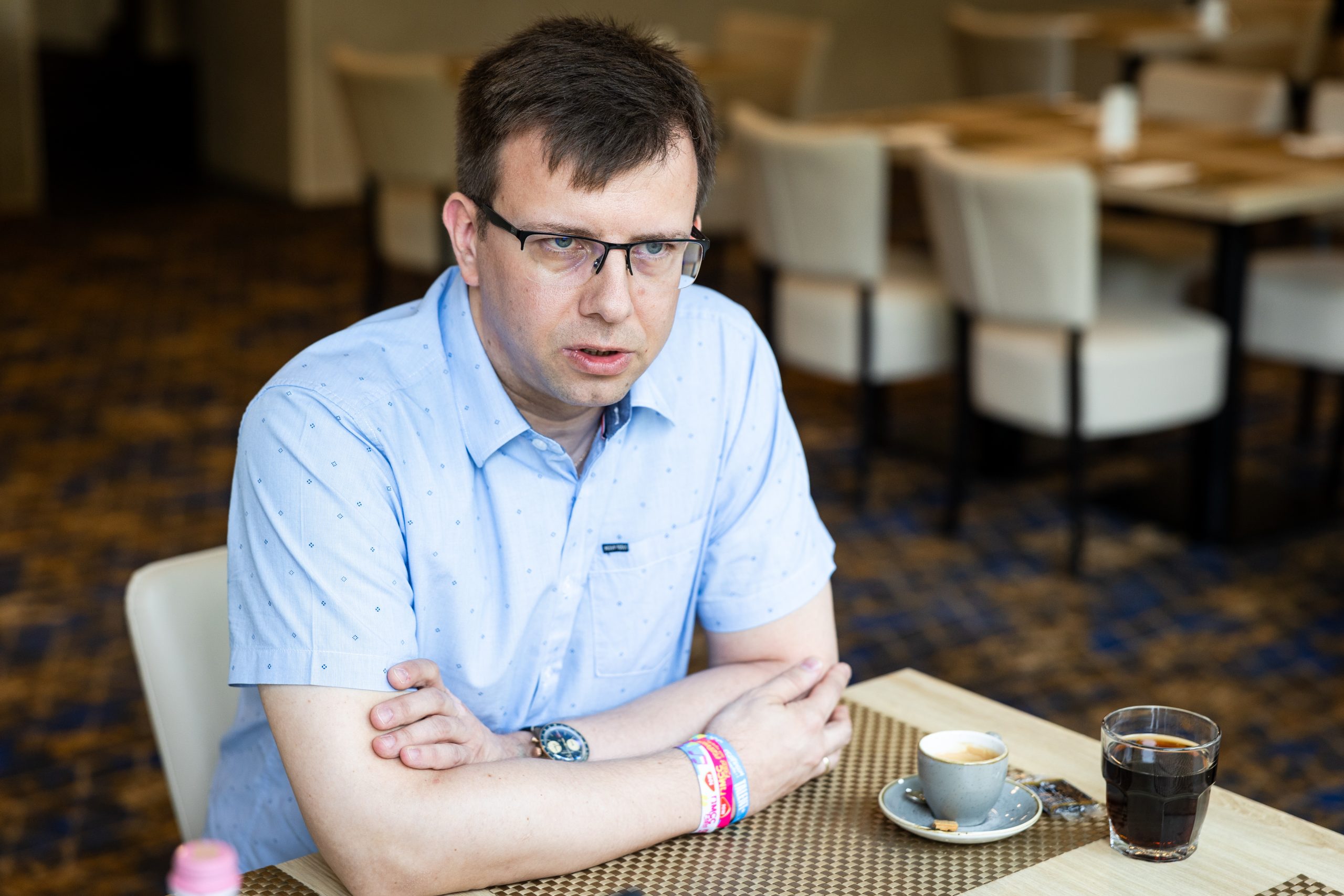
Europe is, first and foremost, an idea.Continue reading

The adoption of a new European competitiveness pact is a key objective of the Hungarian Presidency, János Bóka, Minister for European Union Affairs, said at the interparliamentary conference responsible for parliamentary scrutiny of the Common Foreign and Security Policy (CFSP) and the Common Security and Defense Policy (CSDP).
The minister stressed that the pact can restore the EU economy and put Europe on a stable growth path by supporting small and medium-sized enterprises, promoting the green and digital transition, international trade and cooperation, and ensuring stability and sustainability of jobs.
János Bóka called for a discussion of the Draghi report on European competitiveness and for a common position and action accordingly.
Users manual to the #Draghi report
Step 1️⃣: read it!
Whenever and wherever you can find time.
Yes, all the 400 pages. pic.twitter.com/DyiEqZHeQJ
— Bóka János (@JanosBoka_HU) September 9, 2024
The politician stressed that
the Hungarian Presidency will also work on strengthening European defense policy, as Europe needs to significantly improve its defense capabilities, international crisis response and capacity.
In addition to defense policy alliances and cooperation, the EU must play a greater role in guaranteeing its own security, where possible with allies and partners, but also alone if necessary.
Open economies and autonoumous and neutral trade and investment policies made Europe once prosperous and a global power. #HU24EU priorities were formulated in this spirit. Spoke today at an inter-parlamentary conference in Budapest. pic.twitter.com/PReMPHyyl1
— Bóka János (@JanosBoka_HU) September 9, 2024
He described Ukraine as a special case in the sense that, alongside the accession process, the EU is providing broad and complex support to Ukraine in its fight against Russian aggression. He indicated that the Hungarian Presidency would be involved in the swift handling of related issues, including the acceleration of the proposed loan to Ukraine. He also pointed out that
Hungary is implementing the largest humanitarian aid program in its history, having taken in over 1.4 million Ukrainian refugees since the outbreak of the war.
The minister emphasized the importance of the Western Balkans region’s accession to the EU and said he had invited the prime ministers’ advisers of the countries concerned to a meeting in Szeged (southern Hungary) on Monday evening to discuss the opportunities for cooperation with the region. According to János Bóka, the Hungarian Presidency will also pay particular attention to migration, the protection of external borders and the provision of the necessary EU resources.
A working dinner in Szeged with EU sherpas from the Western Balkan countries with a European perspective to discuss their road to EU membership and what can be achieved during #HU24EU. pic.twitter.com/zFA1egmrXO
— Bóka János (@JanosBoka_HU) September 9, 2024
Speaking about the deterioration of Europe’s security over the past decade, János Latorcai, deputy speaker of the National Assembly, noted that the war in Ukraine, mass illegal migration, international terrorism, organized crime and piracy in international waters are threats to Europe. He welcomed the fact that European countries had significantly increased their defense spending, but said that this could only be effective in the medium term if it was accompanied by industrial development and an increase in production capacity.
David McAllister, chairman of the European Parliament’s (EP) Committee on Foreign Affairs, identified four priorities for the EU’s common foreign and defense policy strategy:
Looking back on the current EU term, Commissioner for Neighborhood and Enlargement, Olivér Várhelyi recalled that Ukraine, Moldova, Kosovo and Georgia have applied for EU membership, while Ukraine, Moldova, Georgia and Bosnia and Herzegovina have been granted candidate status. EU leaders decided to open accession negotiations with Albania, Northern Macedonia, Ukraine, Moldova and Bosnia and Herzegovina, and agreed to renewed accession negotiations with Montenegro and Serbia.
Via MTI; Featured image via Facebook/Bóka János